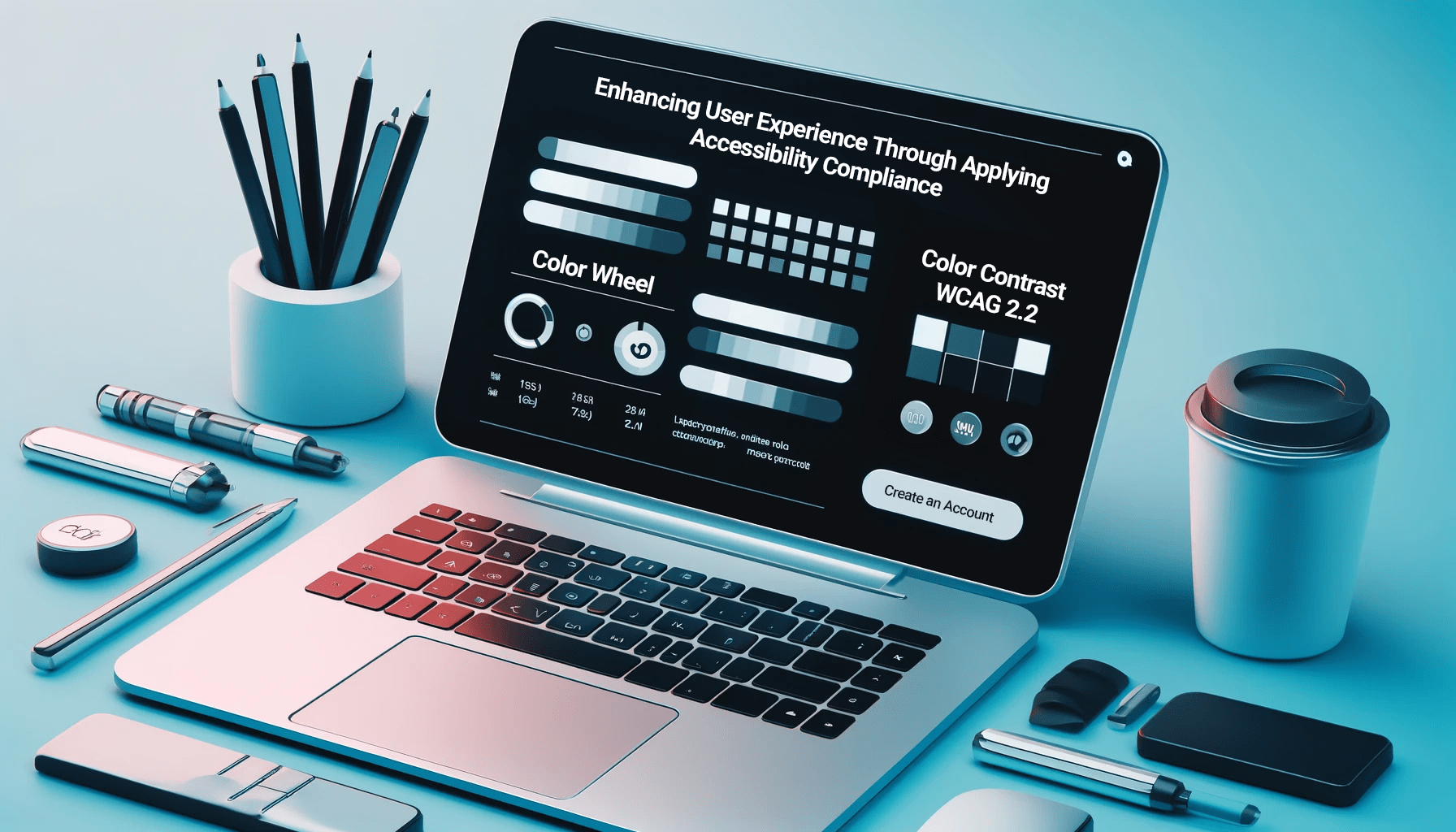Introduction
At Accessibility Partners, we are dedicated to helping organizations achieve and maintain compliance with legislation, including the Accessibility for Ontarians with Disabilities Act (AODA). Our comprehensive accessibility audits and remediation services have enabled various organizations to enhance their digital accessibility. This blog highlights the successful outcomes of these initiatives (without revealing client details), showcasing our commitment to help create inclusive environments.
Case Study 1: Comprehensive Accessibility Overhaul of a Website
One of our significant projects involved conducting a detailed accessibility evaluation for a major public service entity’s websites. Our team audited over 18,000 HTML pages, identifying key templates that could serve as models for broader site improvements. Through rigorous testing against WCAG 2.1 Level AA standards, we pinpointed and addressed numerous accessibility barriers, such as text alternatives for non-text content, keyboard accessibility, and navigational consistency.
Approach
Our approach included using a variety of tools such as screen readers (including NVDA), WAVE, and Axe DevTools. We also used manual testing methods like keyboard-only navigation and color contrast analysis. This comprehensive evaluation allowed us to provide specific, actionable feedback, empowering our client to make significant strides towards full WCAG 2.1 Level AA compliance.
Outcomes
As a result of our collaboration, the client implemented our recommendations across their digital platforms, significantly enhancing accessibility. This not only improved the user experience for individuals with disabilities but also aligned the client’s digital presence with legal requirements and best practices.
Case Study 2: Enhancing User Experience Through Accessibility Features
Another project focused on refining accessibility features across an educational platform, enhancing usability for a diverse user base. Our evaluation highlighted areas for improvement, such as adding audio descriptions for media content, identifying errors, and ensuring that the navigation mechanisms for the platform were consistent.
Approach
We did a targeted analysis of the platform usability, ensuring that all functions were accessible through a keyboard and assistive technologies, and that the content was understandable and robust. Our team’s detailed reporting helped outline necessary changes to meet both Level A and AA criteria under WCAG 2.1 standards.
Outcomes
After the work was complete, the platform received positive feedback from users for its improved accessibility. The changes not only enhanced the user experience but also ensured compliance with AODA standards, demonstrating the client’s commitment to inclusivity.
Conclusion
These case studies reflect just a snapshot of our work at Accessibility Partners. Each project presents unique challenges and opportunities for growth in accessibility. Our expertise and comprehensive approach enable organizations to not only meet legal requirements but also embrace the broader benefits of accessibility. For more information on how we can assist your organization in achieving similar results, visit our website at Accessibility Partners.
—
EDITORIAL COMMENT: This draft aims to highlight your firm’s capabilities and successes in AODA compliance projects in a way that respects client confidentiality while showcasing your expertise. Feel free to adjust the content to better fit your specific insights or any additional points you’d like to emphasize.






